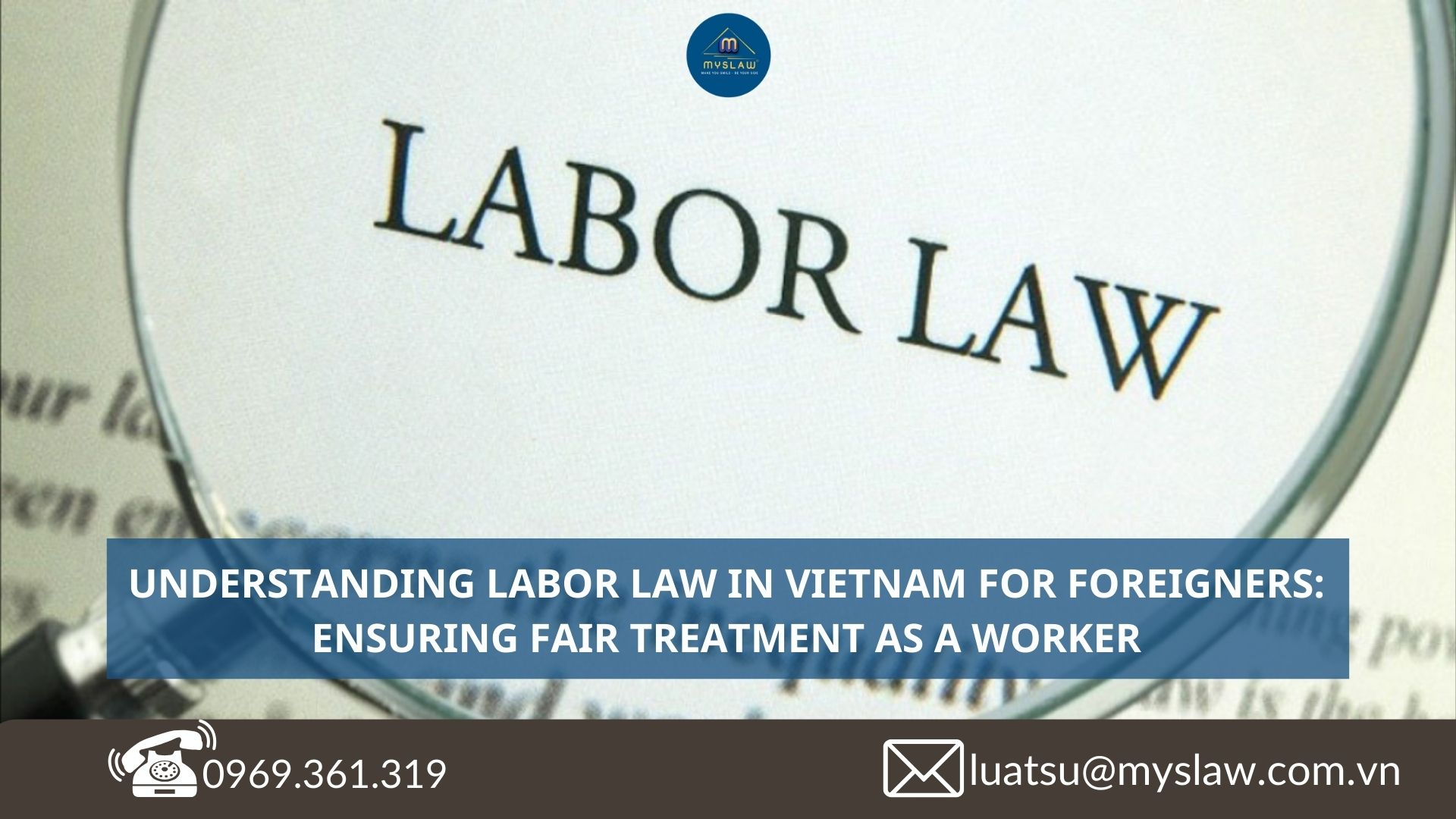Vietnam’s thriving economy and growing appeal as a destination for business and employment opportunities have made it a hotspot for foreign professionals. However, navigating the complexities of labor law in Vietnam is essential for a smooth transition into its workforce. Understanding these laws ensures compliance with local regulations and protects your rights as a worker.

Work Permits for Foreign Employees
A work permit is a legal requirement for most foreign workers in Vietnam, issued based on the applicant’s qualifications, health status, and the specific job for which they are hired. Exemptions apply to certain groups, such as foreign investors, married foreigners living with Vietnamese spouses, and select executives and specialists.
To qualify for a work permit, foreign applicants must meet specific criteria, including age requirements, valid documentation, relevant qualifications, and a clean criminal record. Employers must also fulfill conditions such as having a registered business and providing appropriate labor conditions. Working without a valid permit can lead to fines, deportation, or other legal consequences.
The process involves submitting an application to the Department of Labor, Invalids and Social Affairs (DOLISA) alongside supporting documents like a passport copy, employment contract, health certificate, and a criminal record certificate. Compliance with visa requirements is equally important, with options like work visas or Temporary Residence Cards (TRCs) for extended stays.
Overview of Labor Law in Vietnam
Vietnam’s Labor Code governs employment relationships, emphasizing mutual respect between employers and employees. Labor contracts, categorized as either indefinite or fixed-term, are a foundational aspect of these relationships. Contracts must clearly outline work scope, wages, job location, working hours, occupational safety measures, and social insurance.
Salary regulations are designed to ensure fairness. Minimum wage levels, adjusted periodically, reflect regional economic conditions and the cost of living. Employers must pay wages on time and adhere to agreed terms, including any contractually specified increases or promotions.
Vietnam also recognizes various allowances to support employees. These include seniority, hazard, position, area, and shift allowances, catering to workers’ diverse needs and job conditions.
Working Hours, Overtime, and Leave
Standard working hours in Vietnam are eight hours daily or 48 hours weekly. Overtime is strictly regulated, with capped limits to ensure workers are not overburdened. Employers must pay overtime at higher rates, reinforcing fair compensation.
Public holidays and annual leave entitlements provide ample rest opportunities for employees. The Vietnamese New Year (Tet) is the most celebrated holiday, accompanied by others like Reunification Day and National Day. Employees earn additional leave days with prolonged service, while maternity leave and educational leave provisions further emphasize worker welfare.
Social Security and Employee Benefits
Vietnam’s labor laws mandate social insurance contributions for health, unemployment, and retirement benefits. Both employers and employees contribute to these funds, ensuring financial security during unemployment, illness, or retirement.
Foreign workers may be eligible for a one-off payment from the social insurance fund upon leaving Vietnam, depending on specific conditions. This ensures that their contributions benefit them even after their employment ends.
Termination, Severance, and Payments
The Labor Code specifies clear guidelines for terminating labor contracts, whether through mutual agreement, expiration, or unilateral decisions by either party. Employers must follow due notice periods and valid grounds for unilateral terminations, such as economic difficulties or retirement.
Severance pay is calculated based on the employee’s years of service and average salary, ensuring fair compensation for long-term employees. Employers must promptly settle all outstanding payments, including salaries and unused leave, within the legally specified timeframe.
Aligning with International Standards
Vietnam’s labor laws have progressively aligned with international standards, influenced by trade agreements like the Comprehensive and Progressive Agreement for Trans-Pacific Partnership (CPTPP) and the European Union-Vietnam Free Trade Agreement (EVFTA). These agreements emphasize adherence to International Labor Organization (ILO) standards, enhancing labor rights protection and fostering a fairer global trade environment.
Despite notable advancements, challenges in enforcement and compliance remain. Striking a balance between maintaining competitive labor markets and upholding worker rights is an ongoing endeavor.
Conclusion
Understanding Vietnam’s labor laws is crucial for foreign professionals to ensure fair treatment and compliance. By familiarizing yourself with these laws, you can navigate Vietnam’s dynamic workforce confidently, fostering a productive and respectful professional environment. If needed, consult legal experts or professional advisors to address specific concerns, ensuring your journey as a foreign worker in Vietnam is a rewarding one.
The above information is provided by Mys Law. For any questions regarding the content of this article, please contact 0969.361.319 or email: [email protected] for further clarification. Best regards!
Compiler: Nguyen Anh Quan





